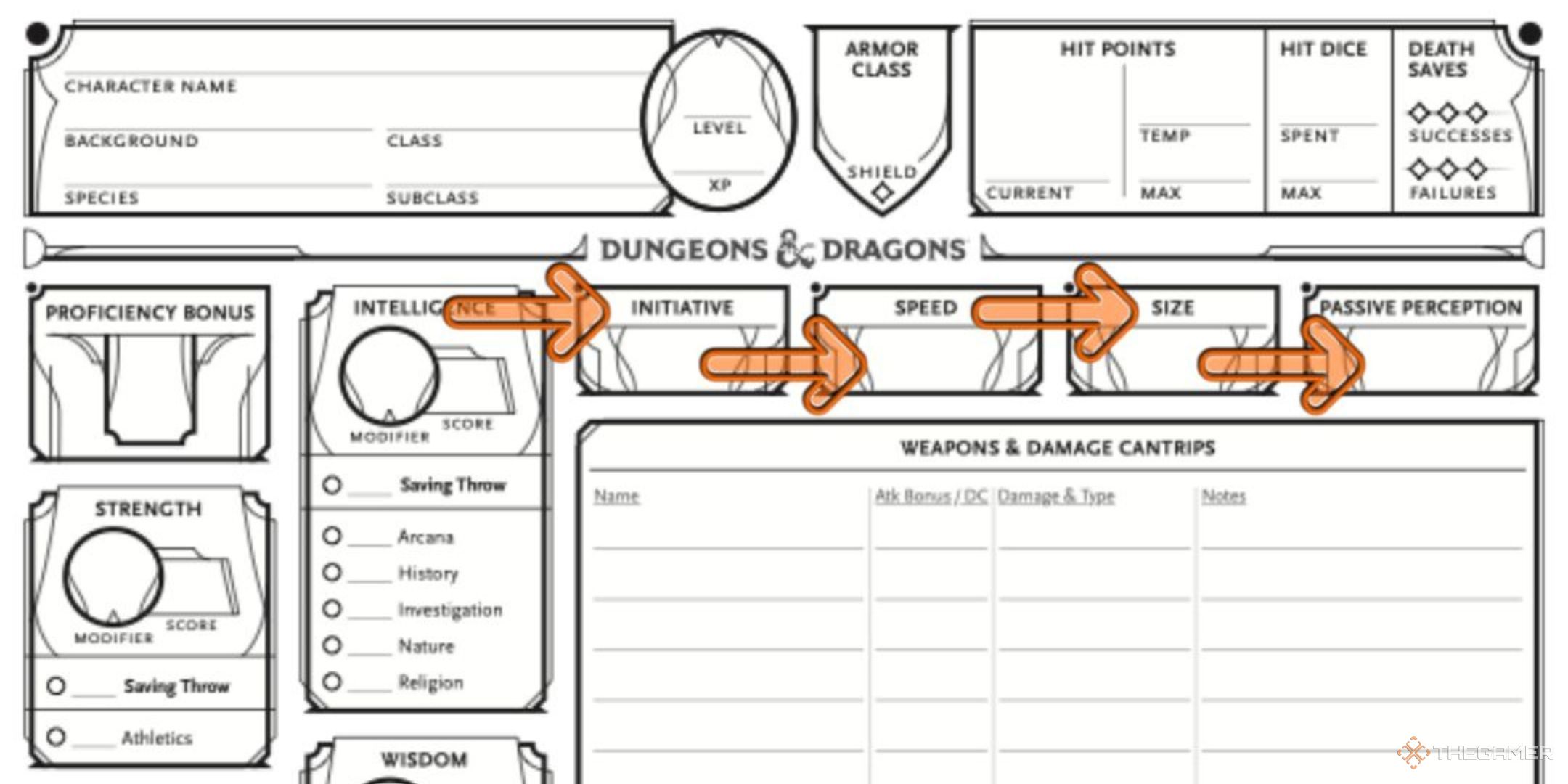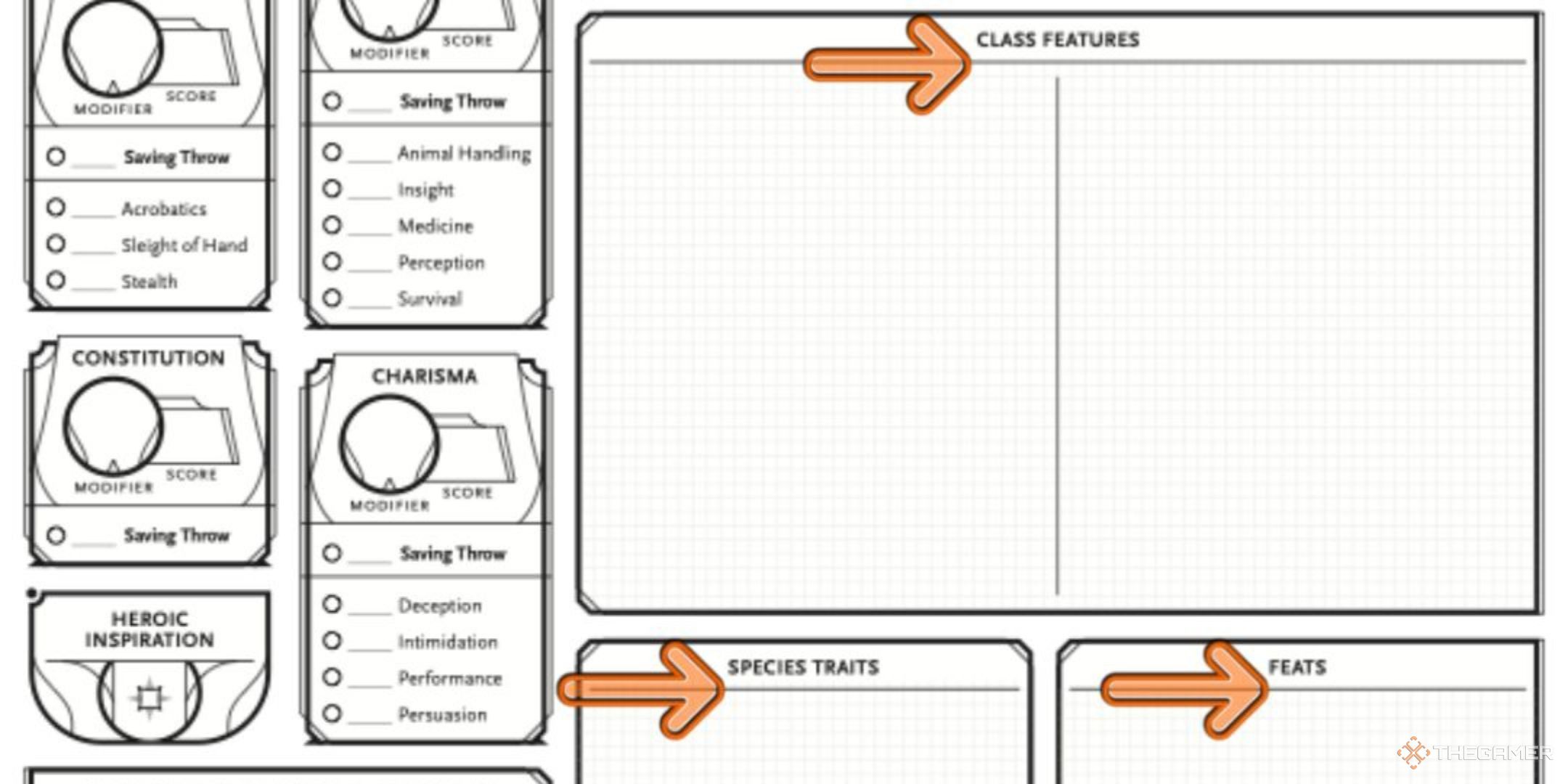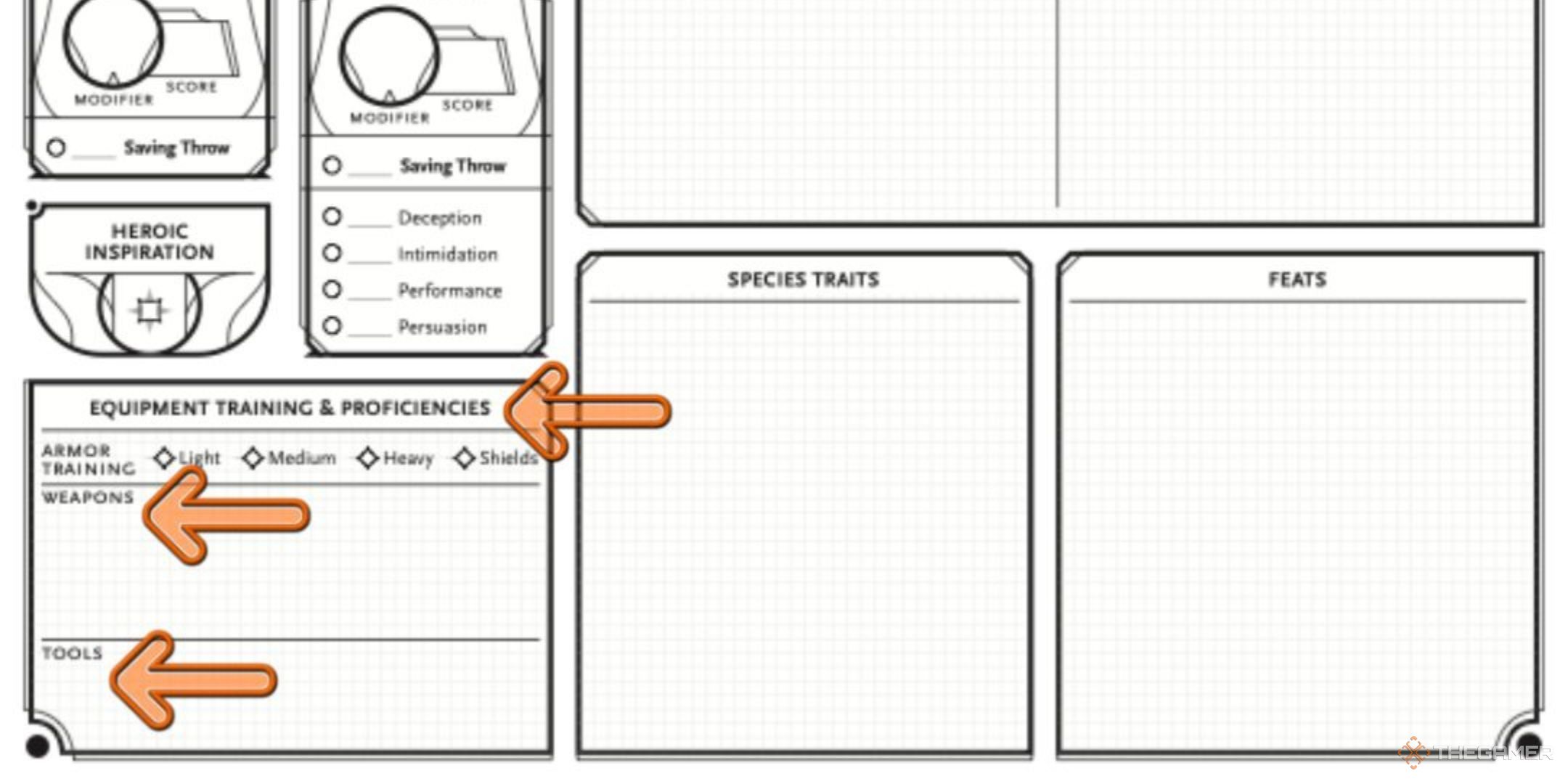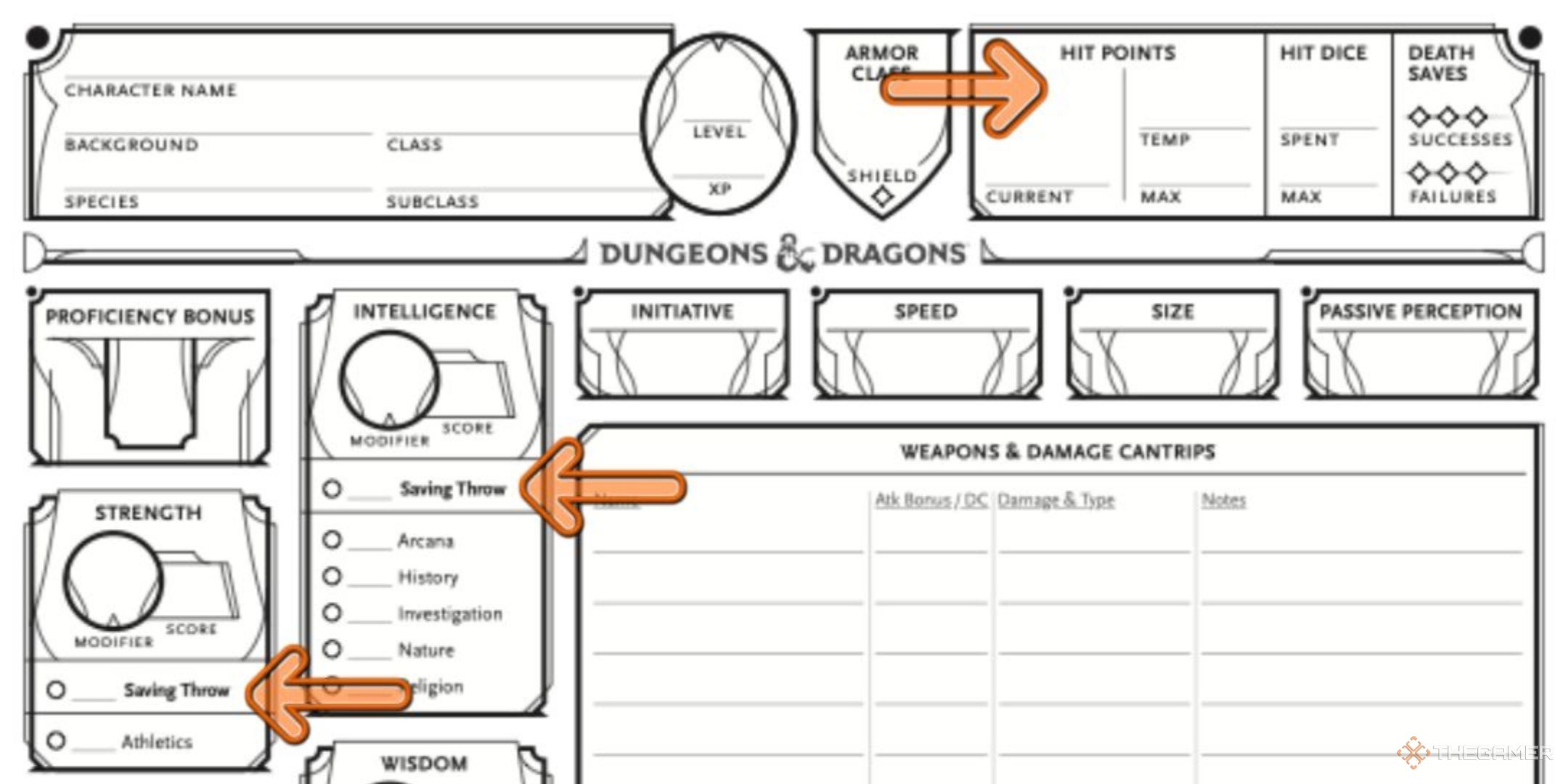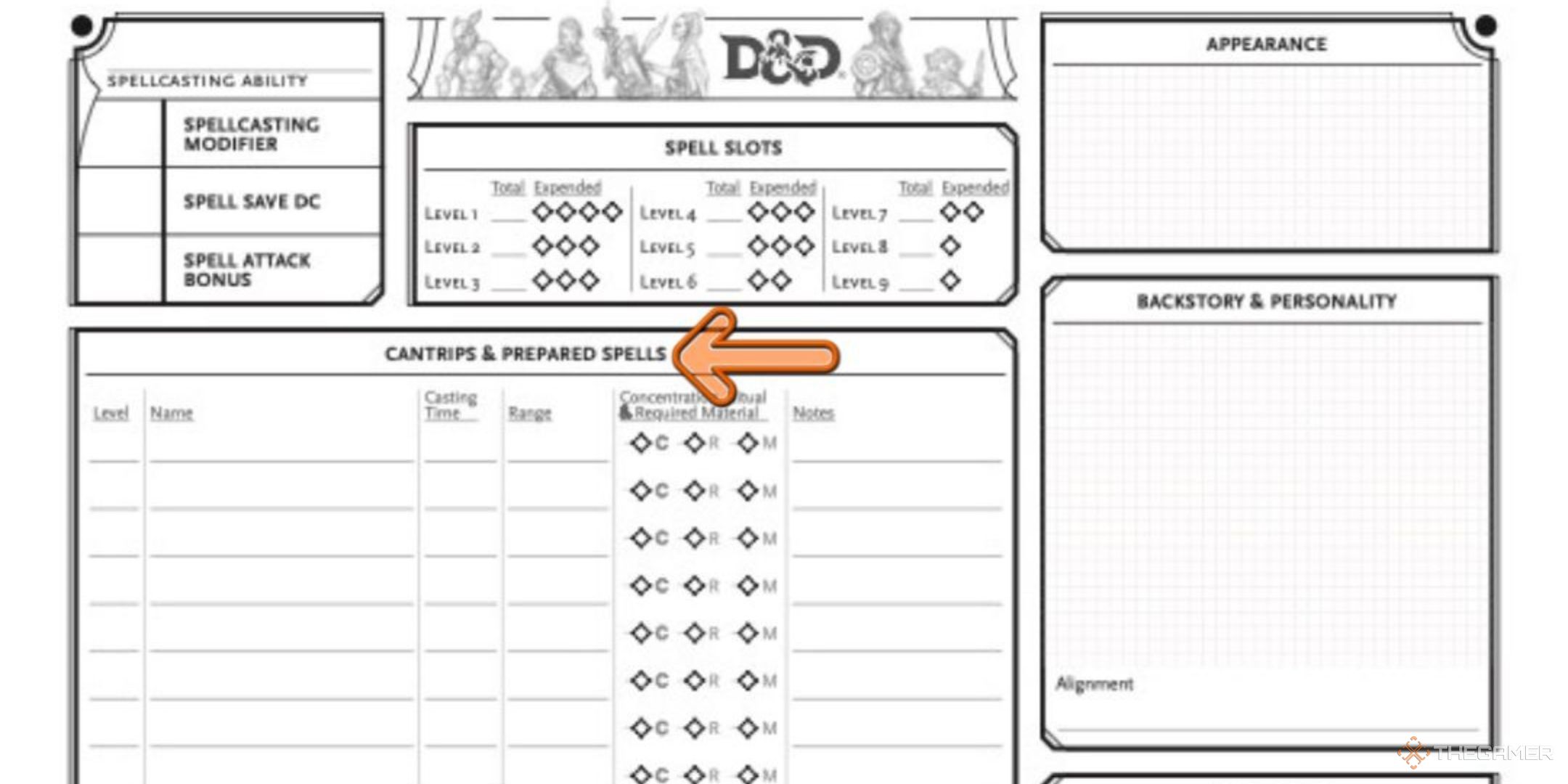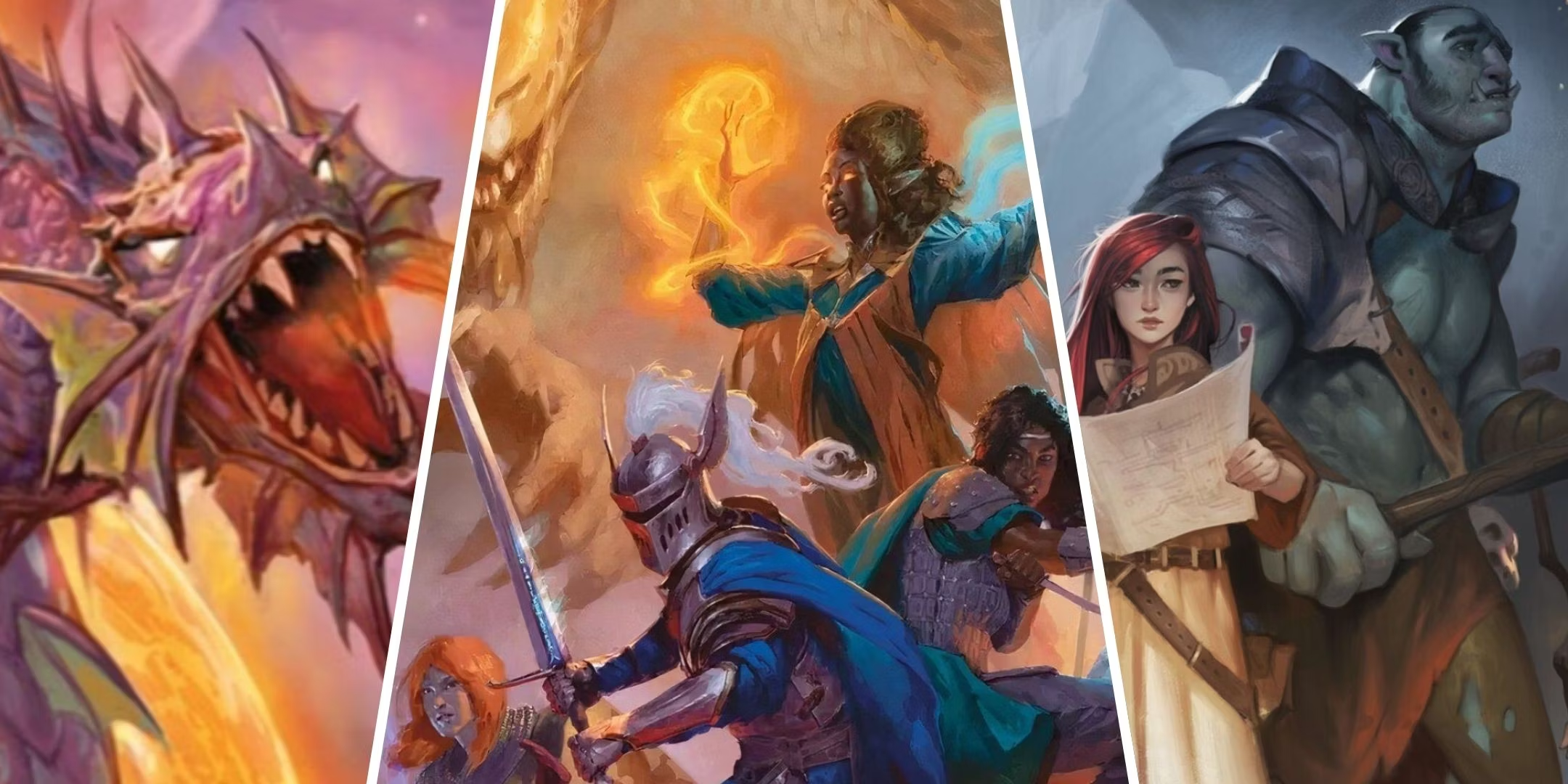Quick Links
AllDungeons & Dragonsplayers share one thing: a character sheet.
Your party needs to conserve their strength in Dungeons & Dragons' 2024 Player’s Handbook.
You will want to pick something thatyou are excited to play.
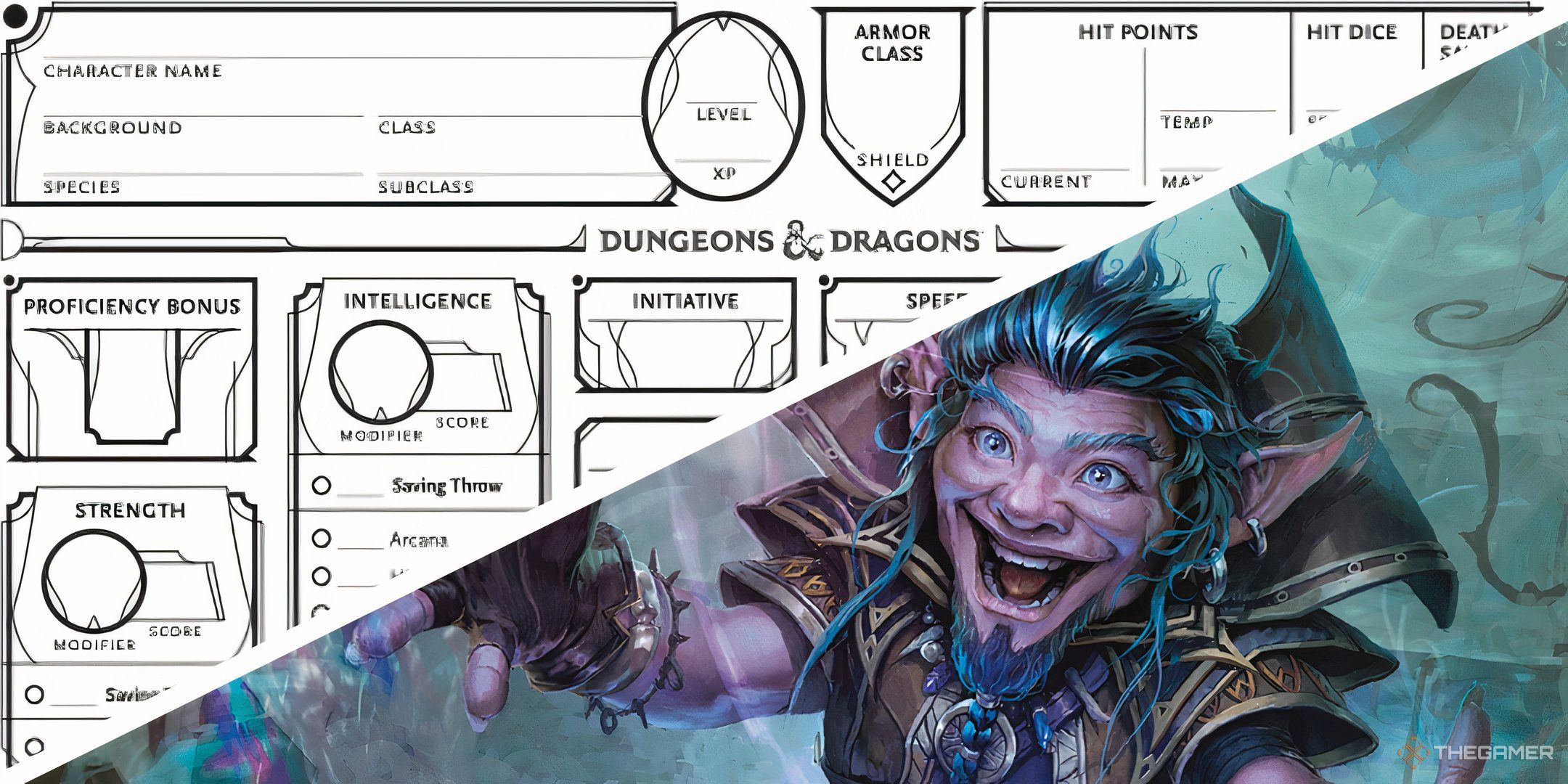
Alwayscheck with your DMfirst.
Not all rangers must hold some resemblance to a certain Lord of the Rings character.
They canuse different weapons, prioritize different skills, and so on.
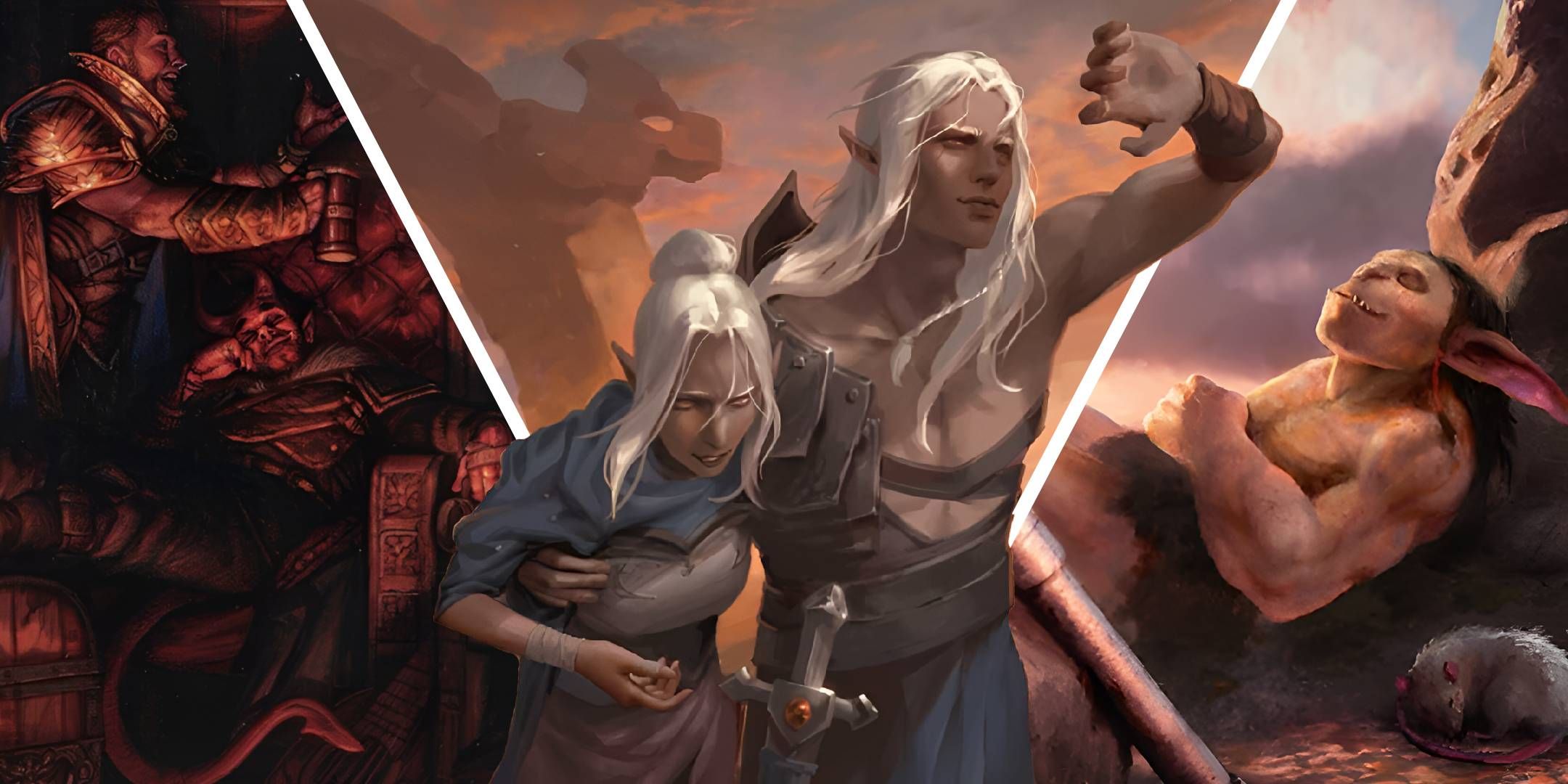
Art by Craig J Spearing
So don’t feel boxed in by other examples you’ve seen, and make your character your own.
Wizards suggests that you pick your background before your species, butthe order doesn’t matter.
Species
For species, there areten choices held within the 2024 Player’s Handbook.
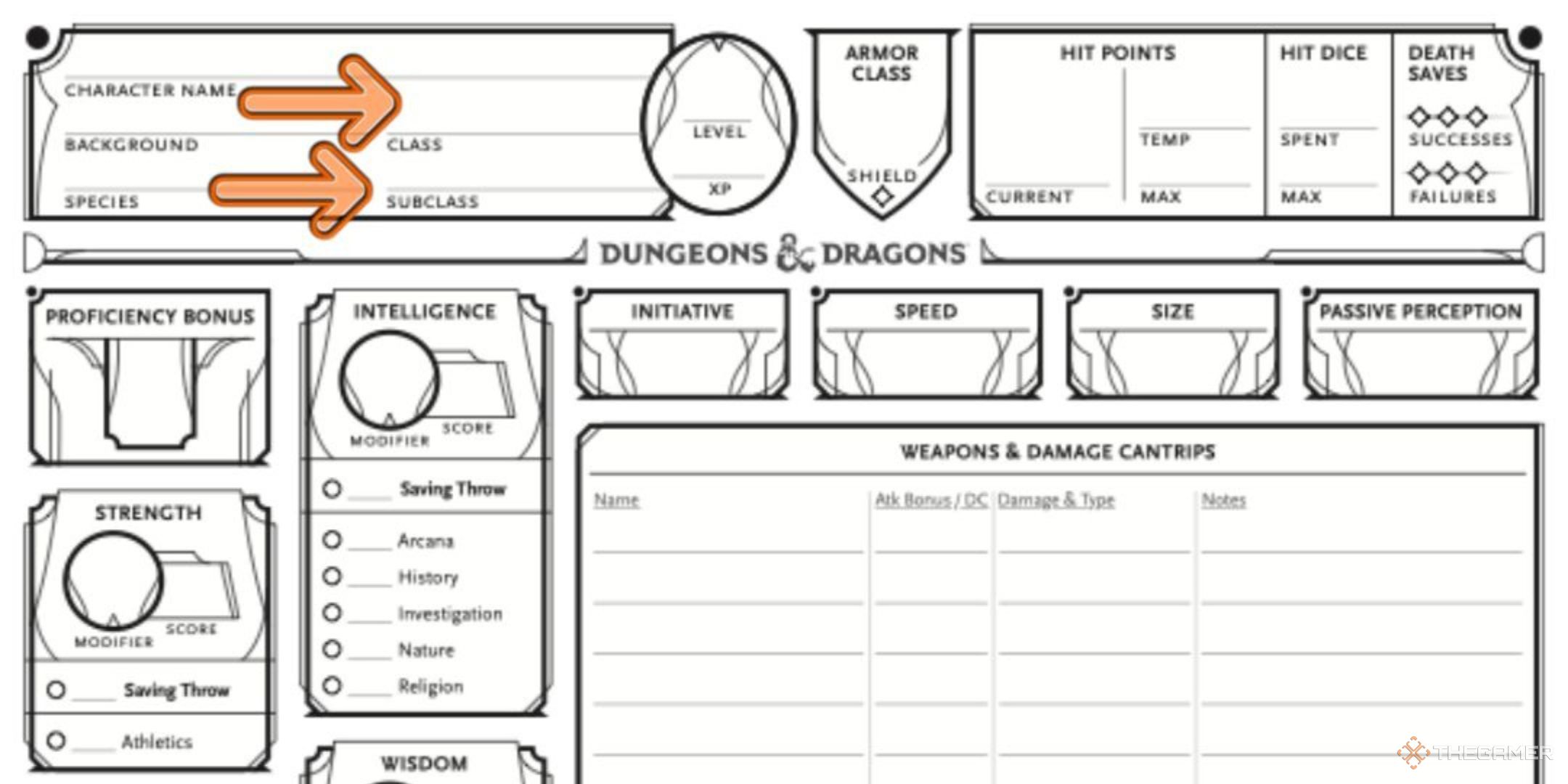
You will use all of this information tofill out multiple sectionsof your character sheet.
But, for any of those options, you’d have toget approval from your DM.
Backgrounds
When it comes to backgrounds, there are16 different options.
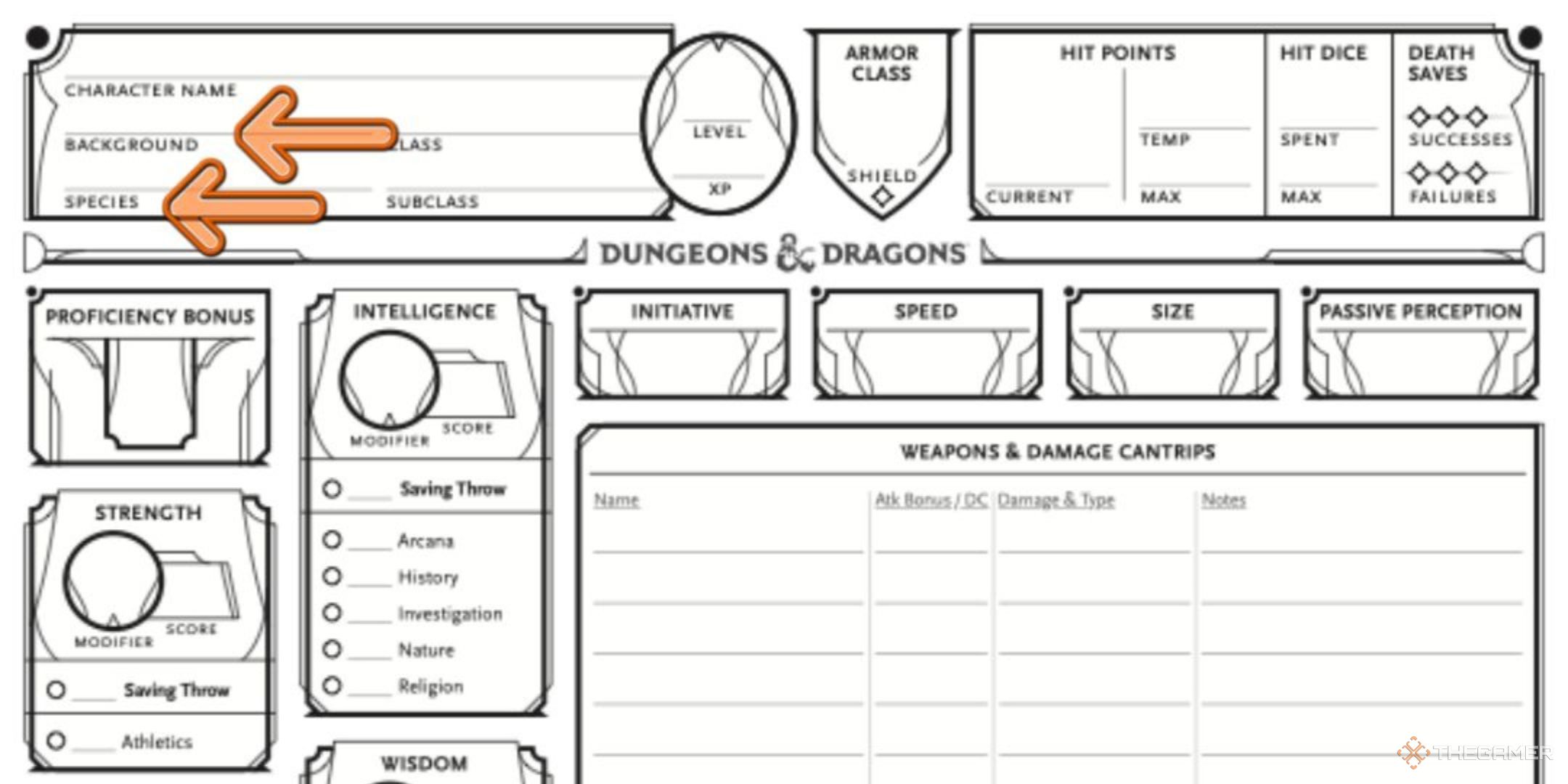
Hopefully, this list helps that decision.
Calculate And Fill Out Your Ability Scores
There are three ways to decide what your ability scores will be.
If you decide to usethe Point Costmethodto decidescores, this is the cost of each ability score.
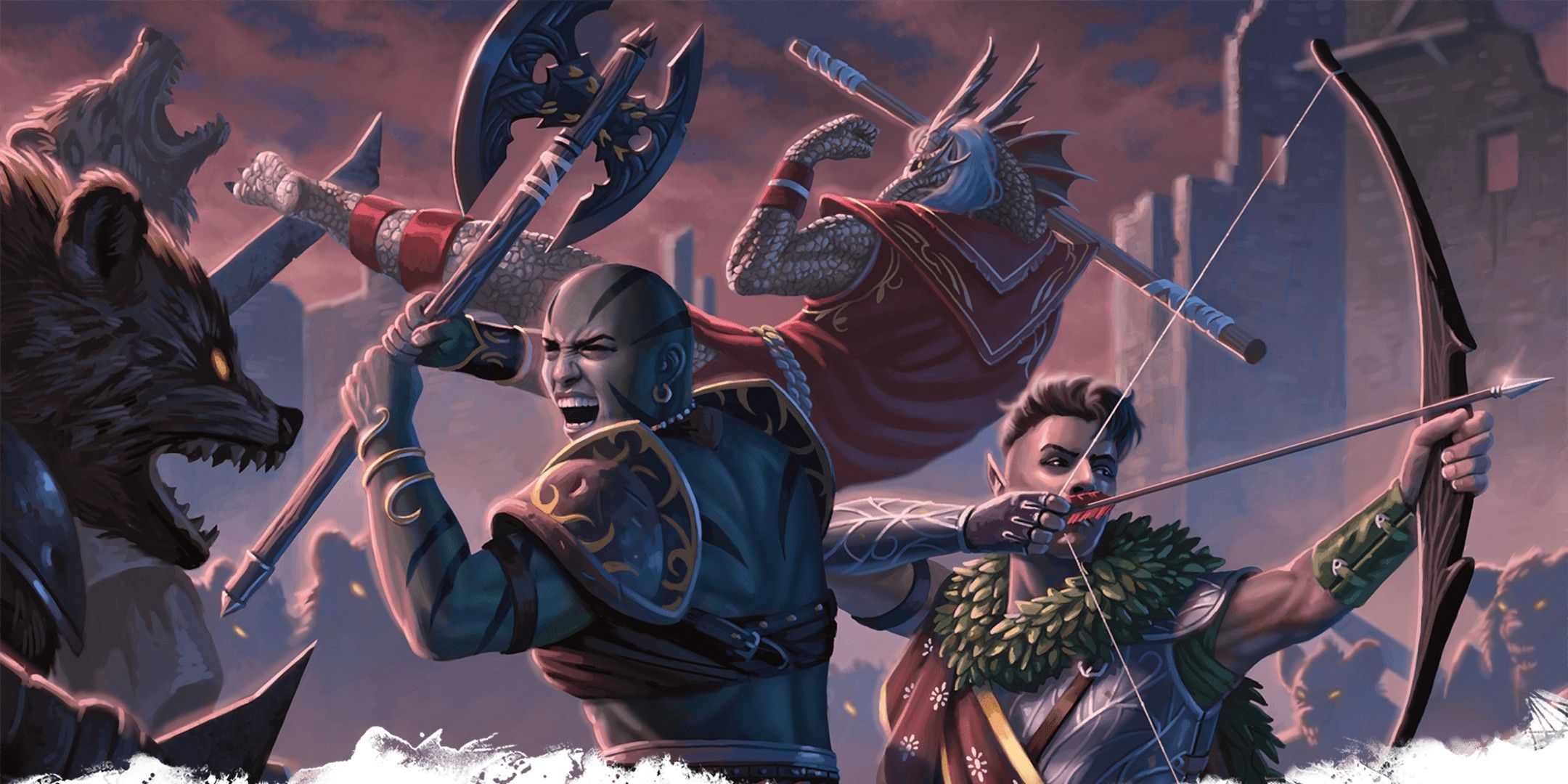
Art by Craig J Spearing
Modifiers
Each score that you either selected or rolled abovewill have a corresponding modifier.
Your modifier will be what youadd to your D20 Testsand to any skills you do not have proficiency in.
This decisiondoesn’t affect any of the math.
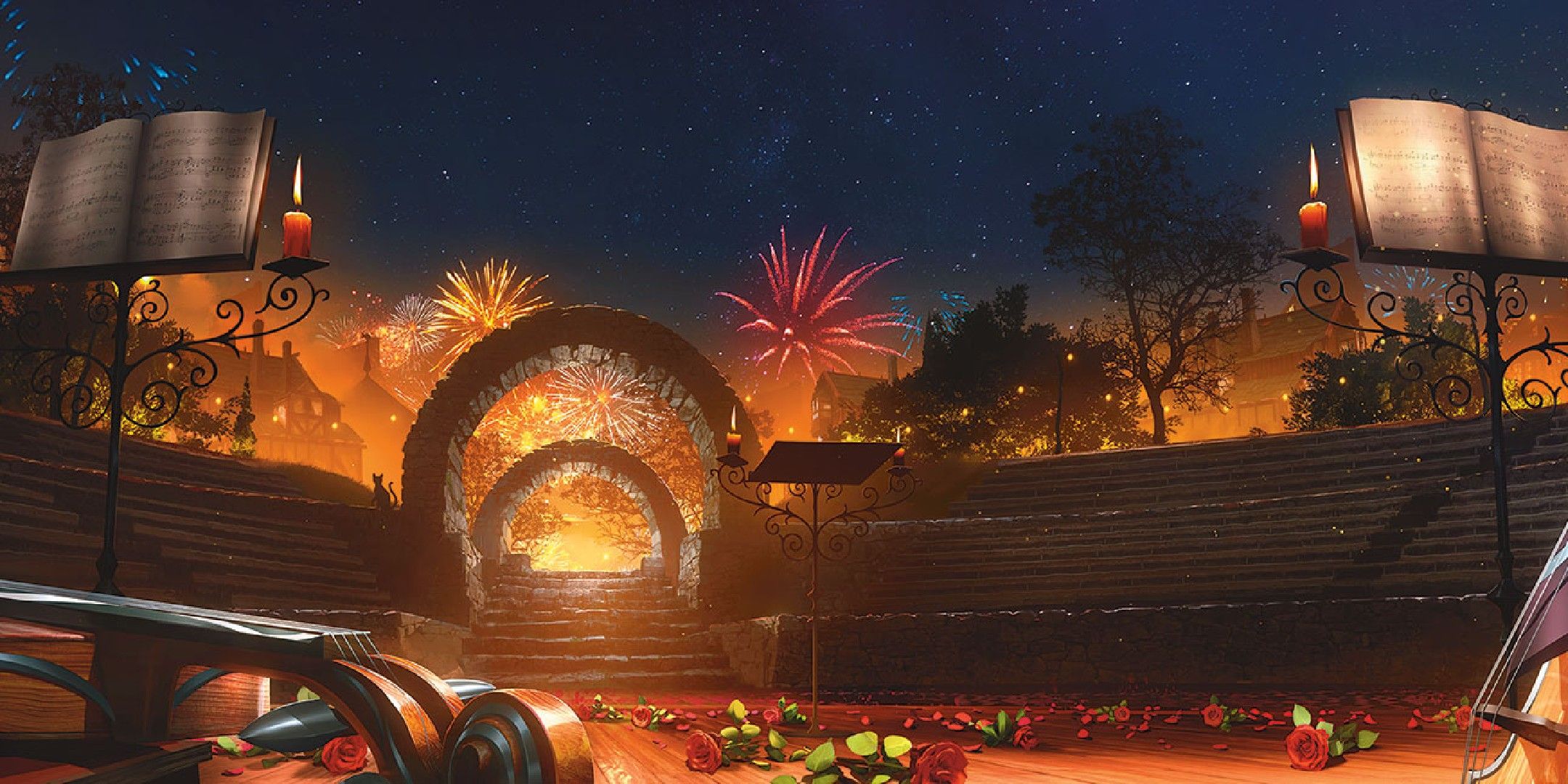
Entertainer background image by Kenny Vo.
This is purely for roleplaying.
So you’ll want to pick whicheveralignment your character best embodies.
Wild cackles, raised eyebrows, and nefarious plans await in Evil Dungeons & Dragons.
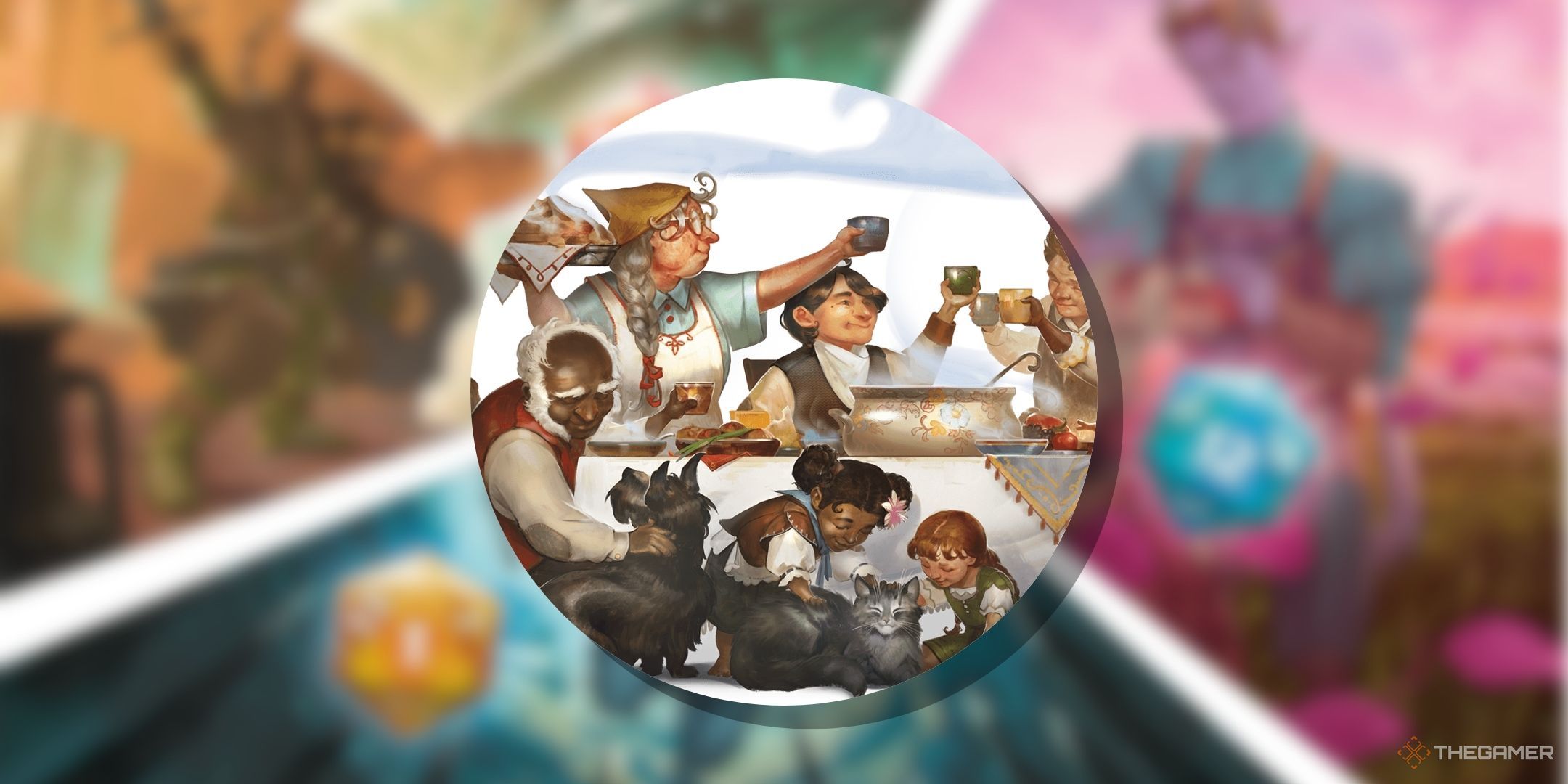
You haveall the information you needto fill out the details.
Add Your Proficiency Bonus
Your proficiency bonus is based on yourcharacter’s overall level.
As you grow on your adventure, your character’s proficiency score improves.
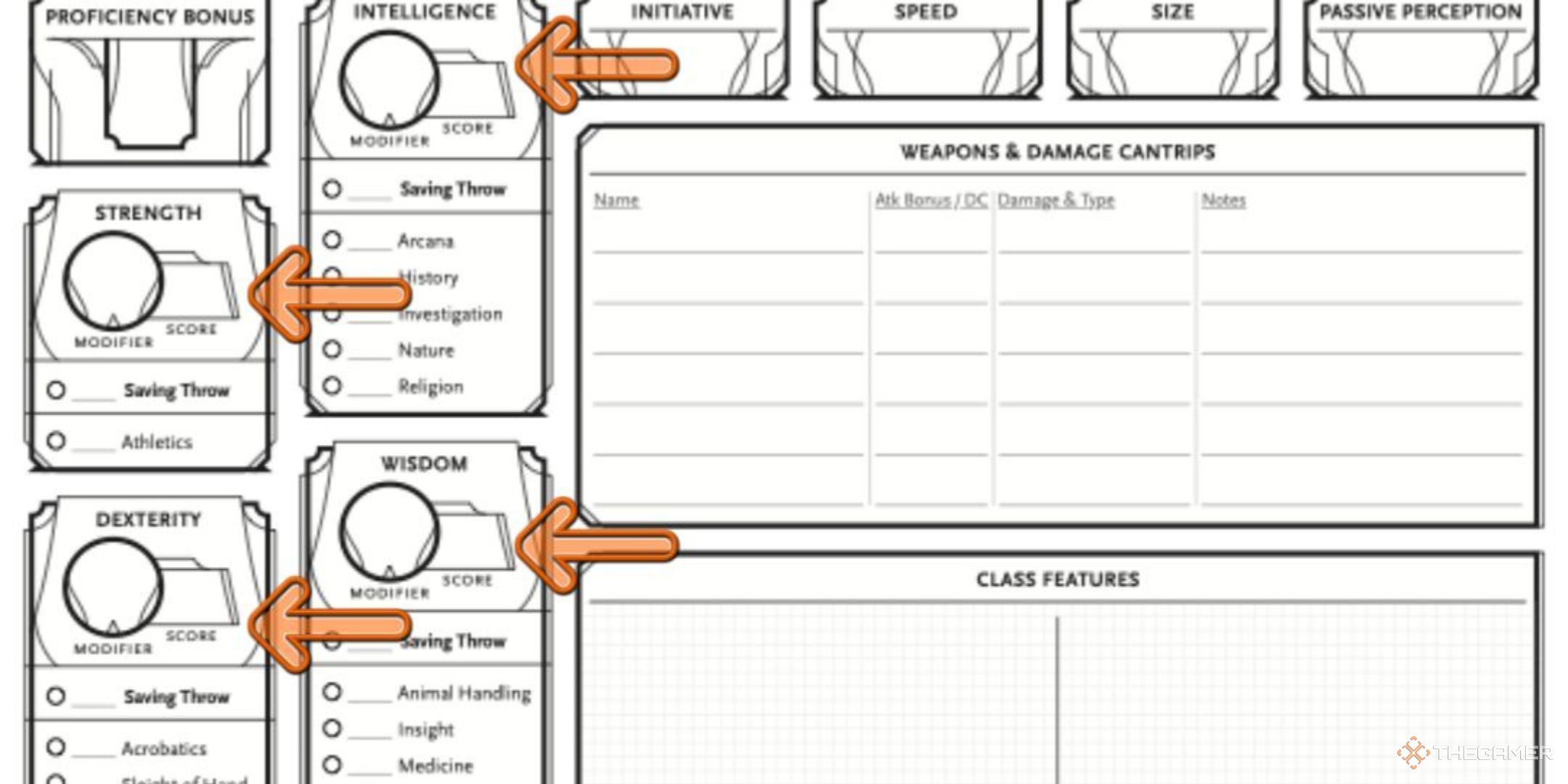
It increases as shown below.
If you arestarting at level one, you’ll putlevel one and zero for XP.
You will find each level and it’s beginning XP underCharacter Advancement in Chapter Two.
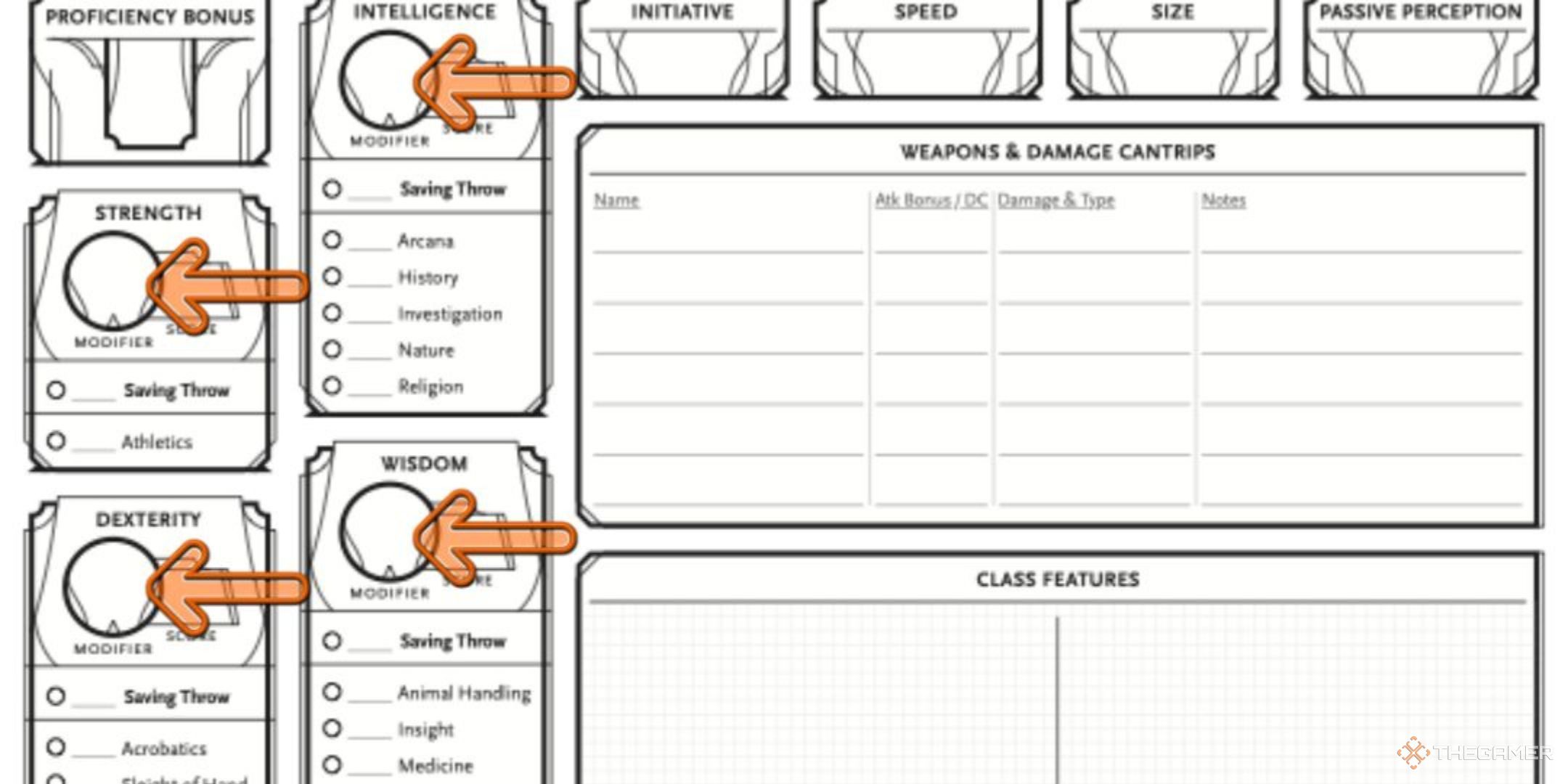
However, check with your DM how leveling up will work as there aredifferent ways to approach it.
This is yourDexterity modifier plus your proficiency bonus.
Your speed is given to you based onyour species selection, as is your size.
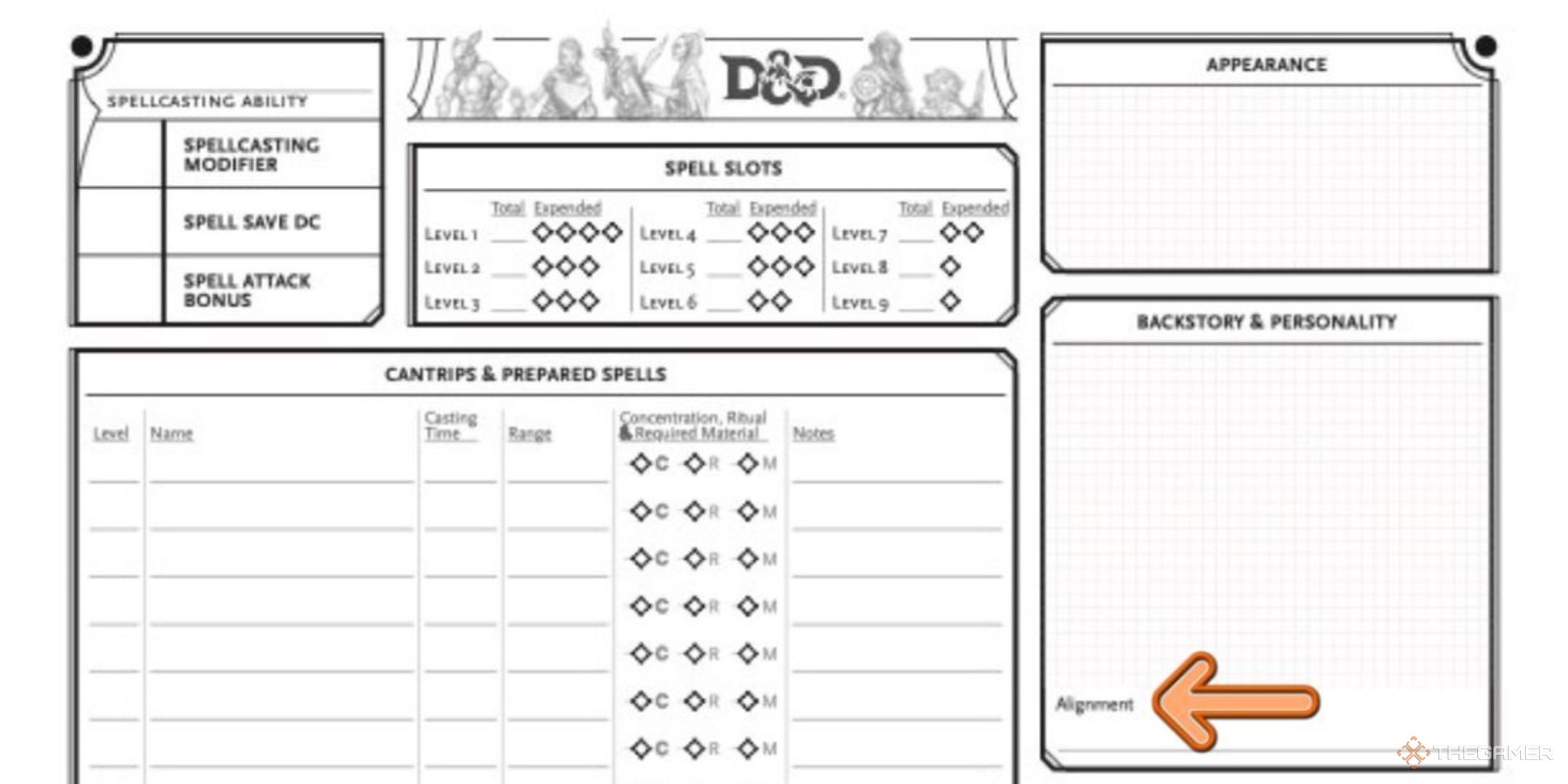
Some species will give youthe choice of being Medium or Small, while otherslock in one size.
This is used to see what you may perceive around you when you aren’t actively looking for anything.
For a barbarian, you wouldroll a d12 and then add your Constitution modifier.
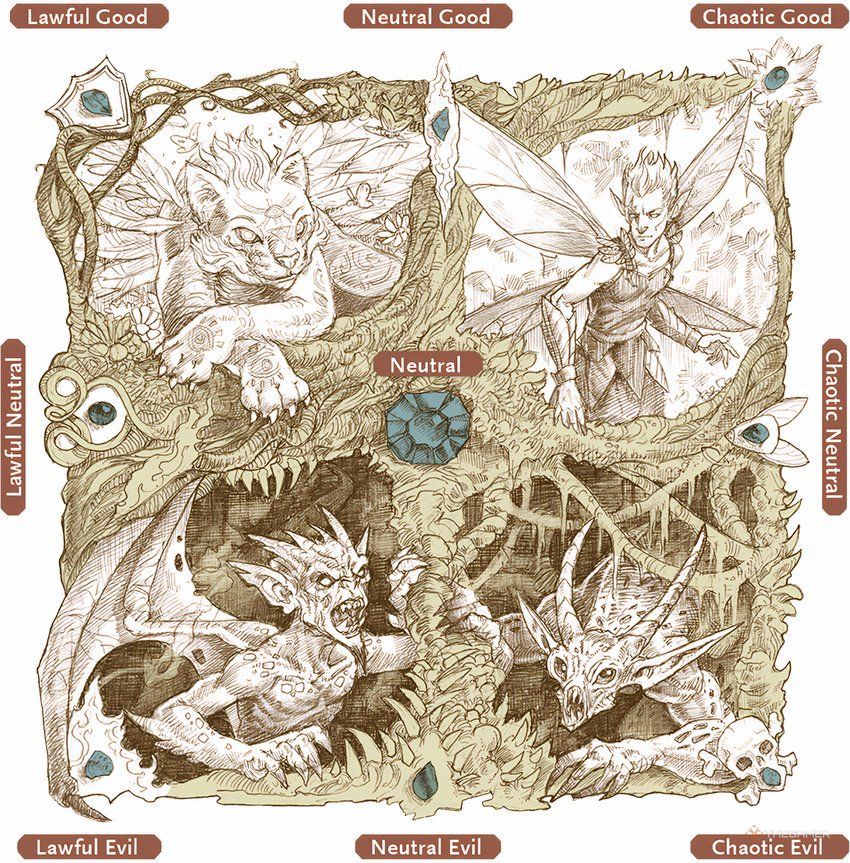
Alignments by Chris Seaman
At level one, that gives youyour maximum HP.
And so on until you, hopefully, reach level 20.
Using a barbarian again, you would gain proficiency in Strength and Constitution saving throws.
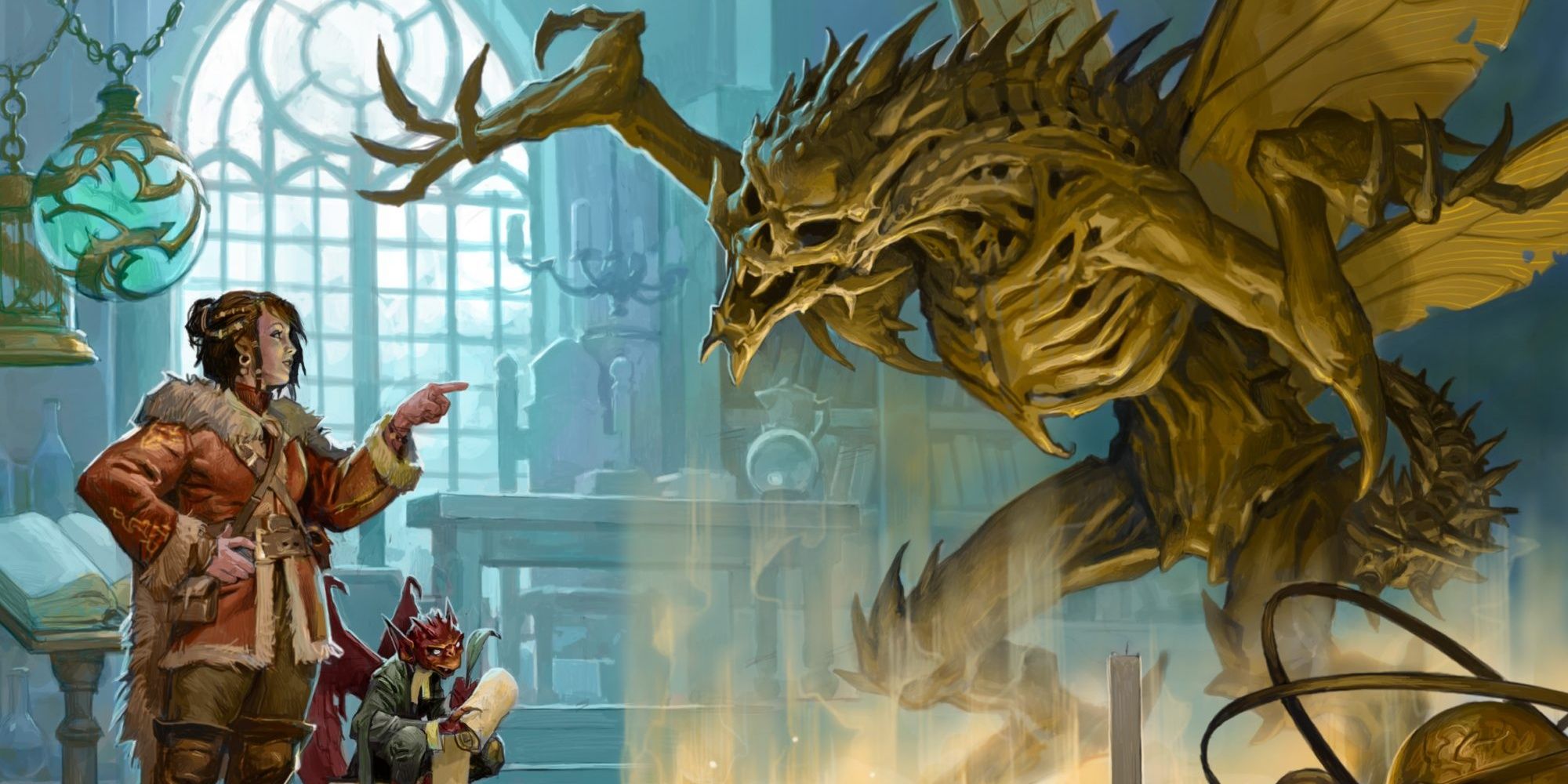
That will give you your saving throw.
Then, in that same example, you would do the same for your Constitution.
Both yourclass and background give you the option of picking equipment or gold.
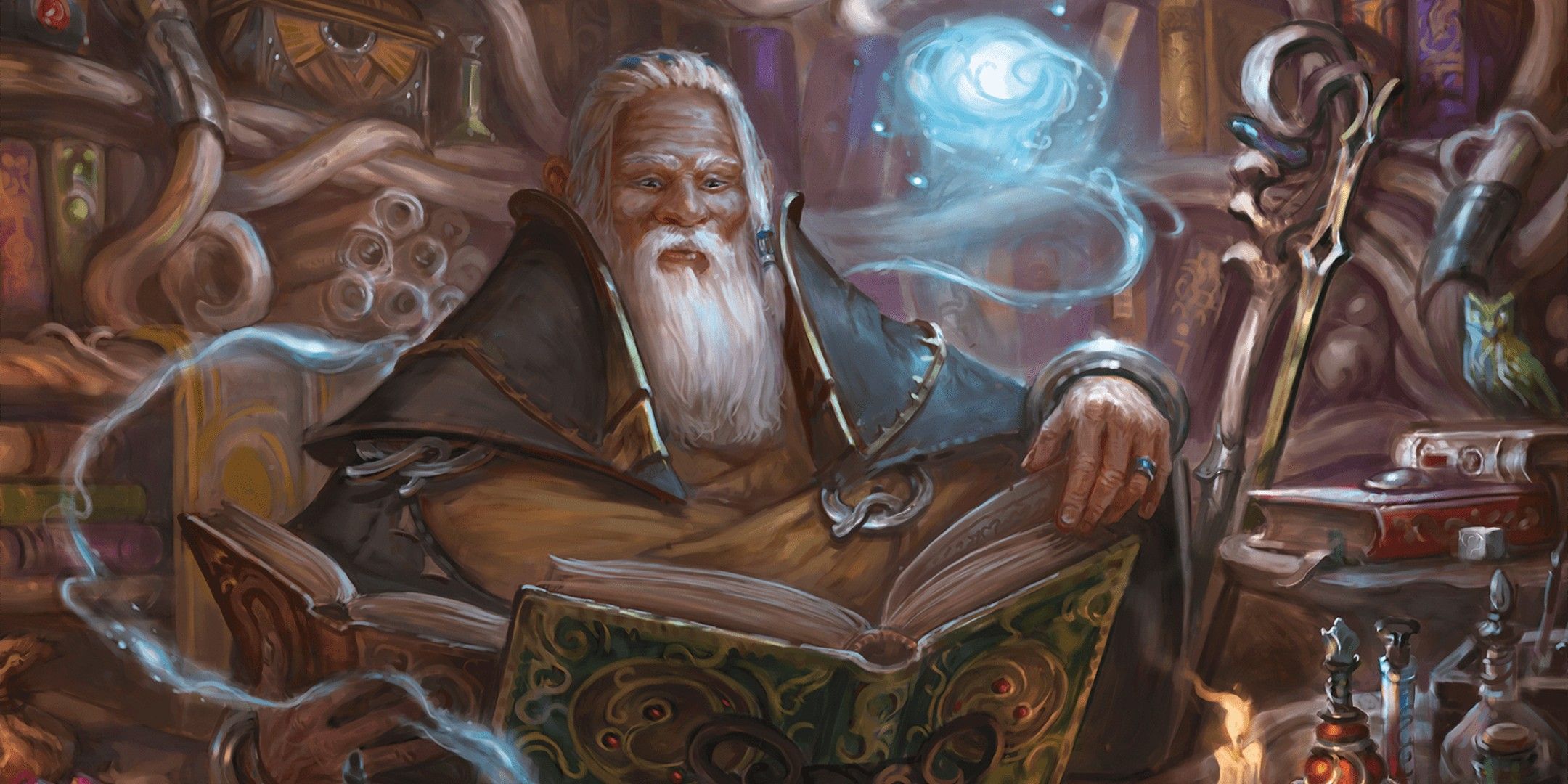
The Wizard Leomund by Michele Giorgi.
For everything that isn’t classified as heavy, you will beadding a flat number to your Dexterity modifier.
If you are given leather armor, for example, you will add 11 to your Dexterity modifier.
That becomes your armor class, which is what any monsters will betrying to beat with their attack rolls.
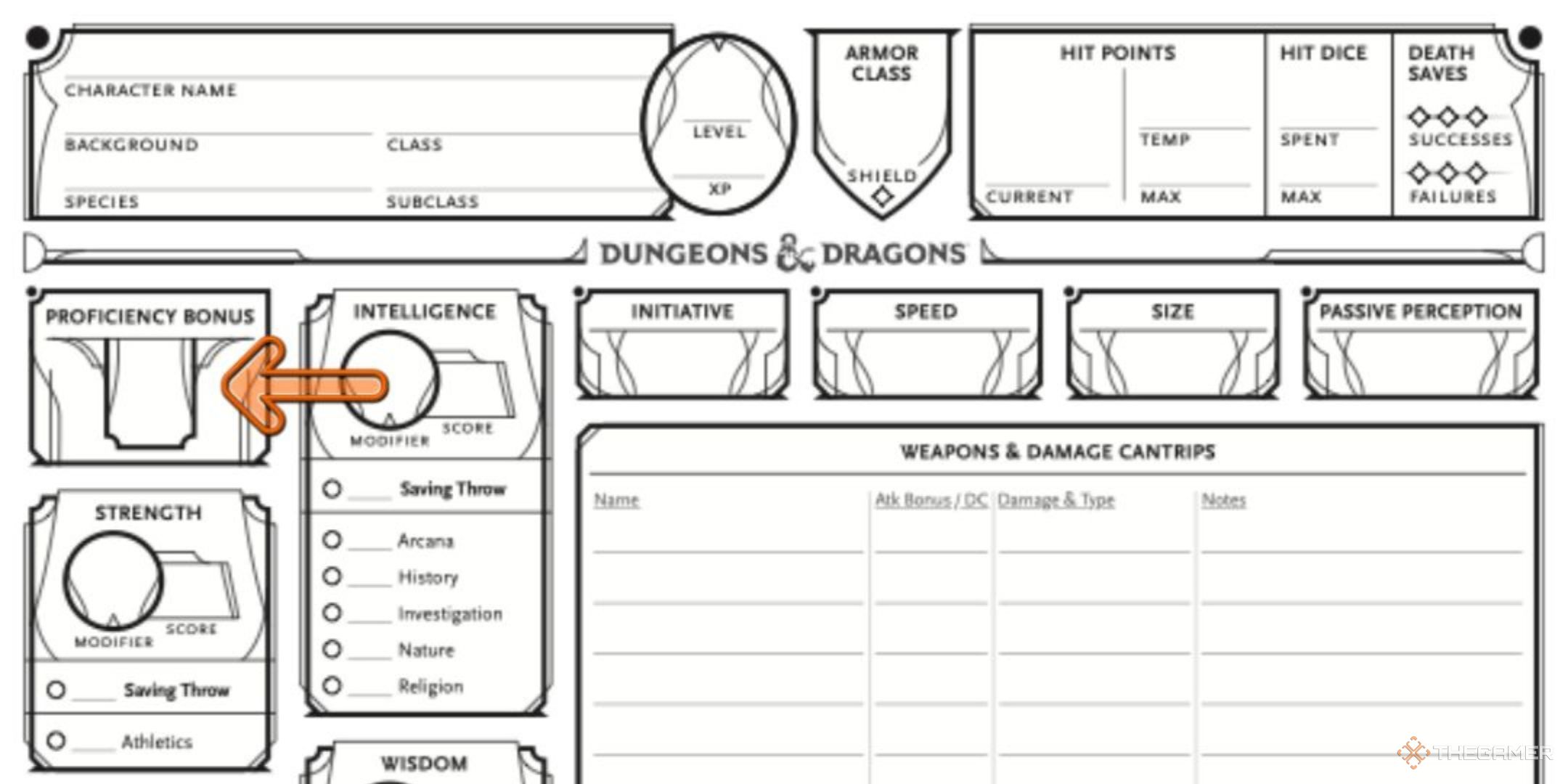
Some classes benefit you more if youare not wearing armor.
Barbarians do not get armor in their starting equipment for that reason.
Most weapons will require you touse your Strength score.
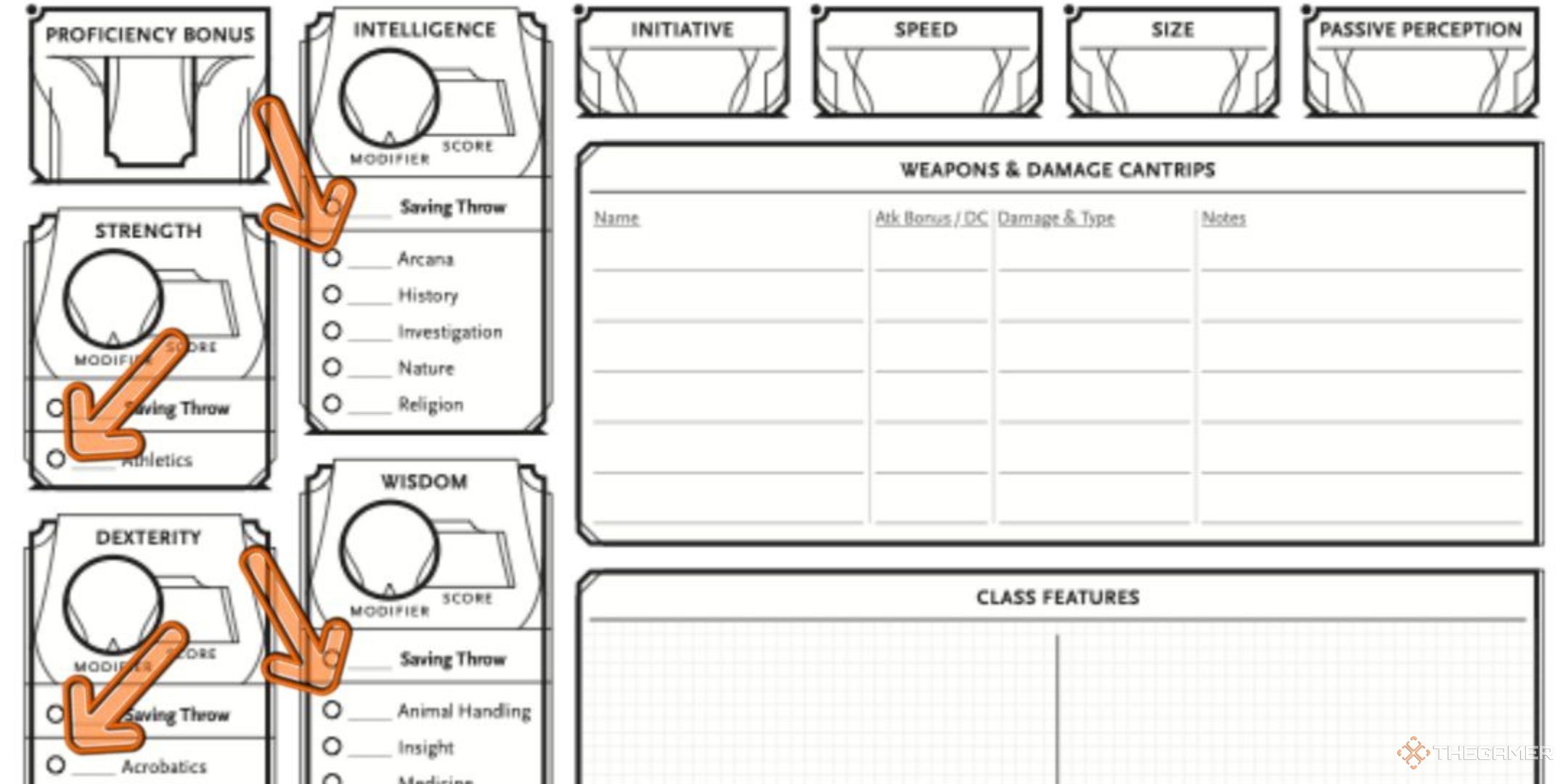
Others will bebased on your Dexterity.
The other big factor is whetheryou are proficient with a weapon or not.
Now for your spell attacks, you will be toldwhat your spellcating modifier is when you select your class.
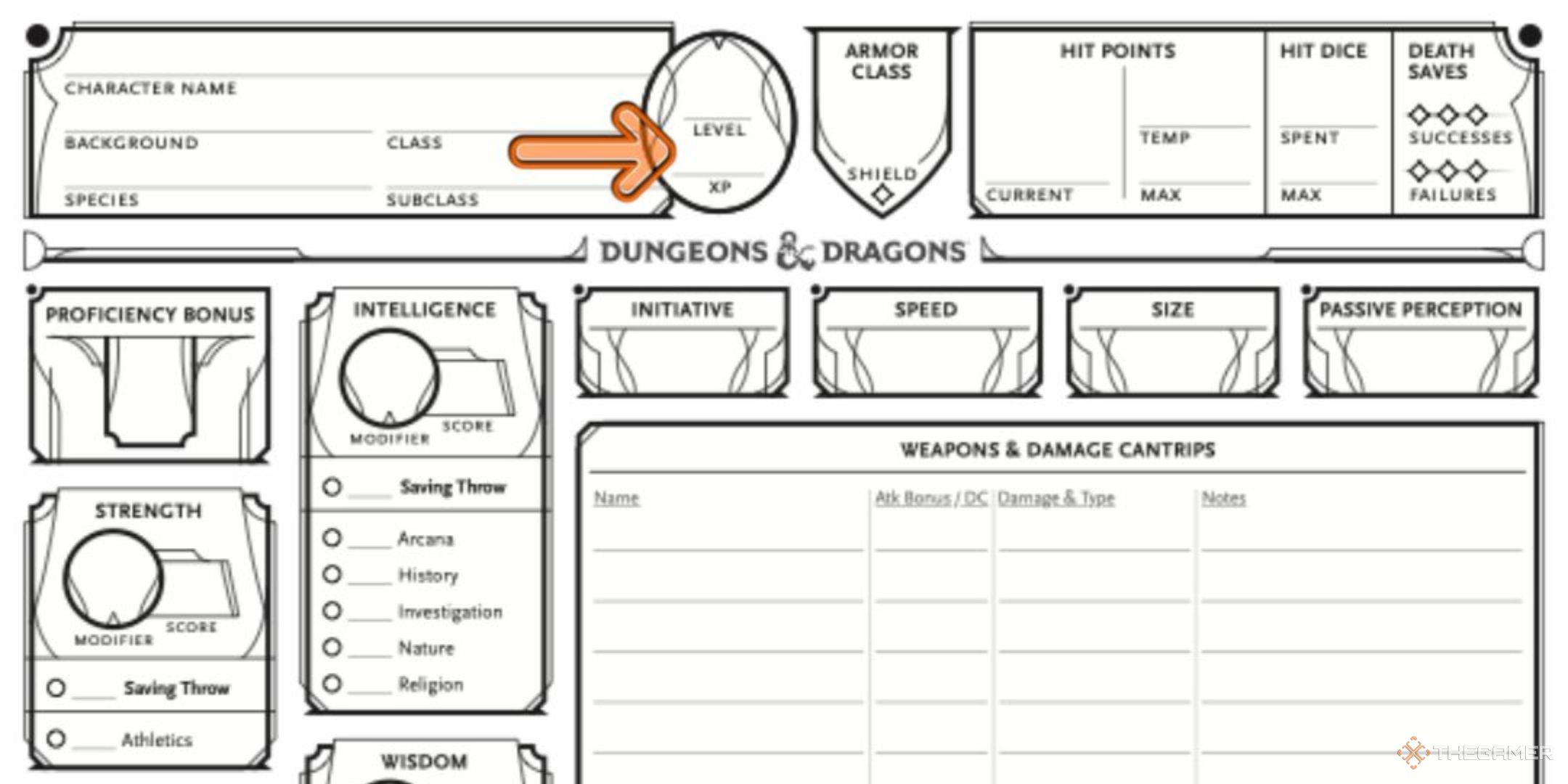
The list ofevery spell you have access to is included under your class.
you’re able to also, in many cases, choose to cast it immediately.
However, it will thenuse one of your spell slots.
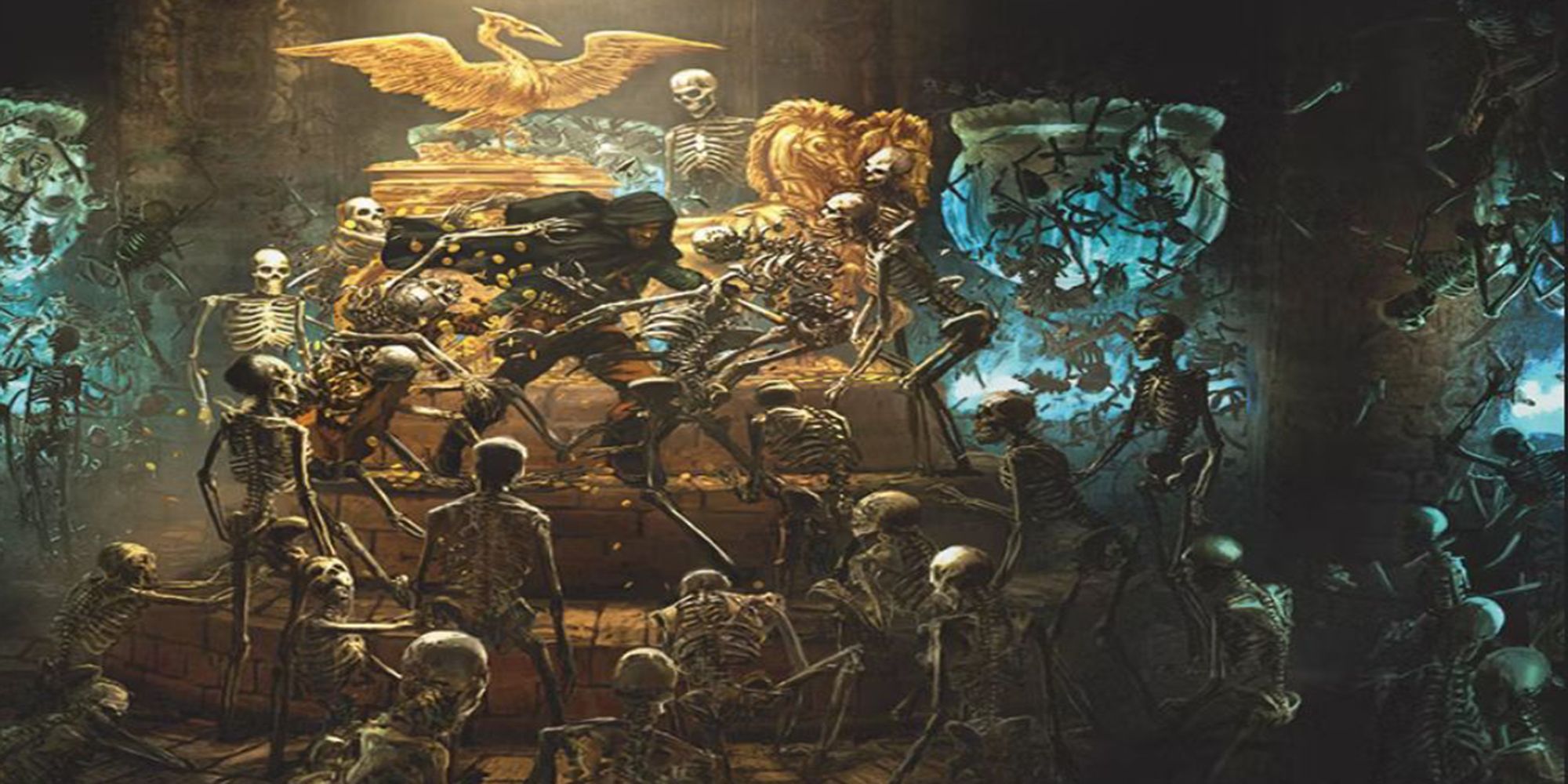
You will find this informationunder your class features.
What difference does a decade make, really?
